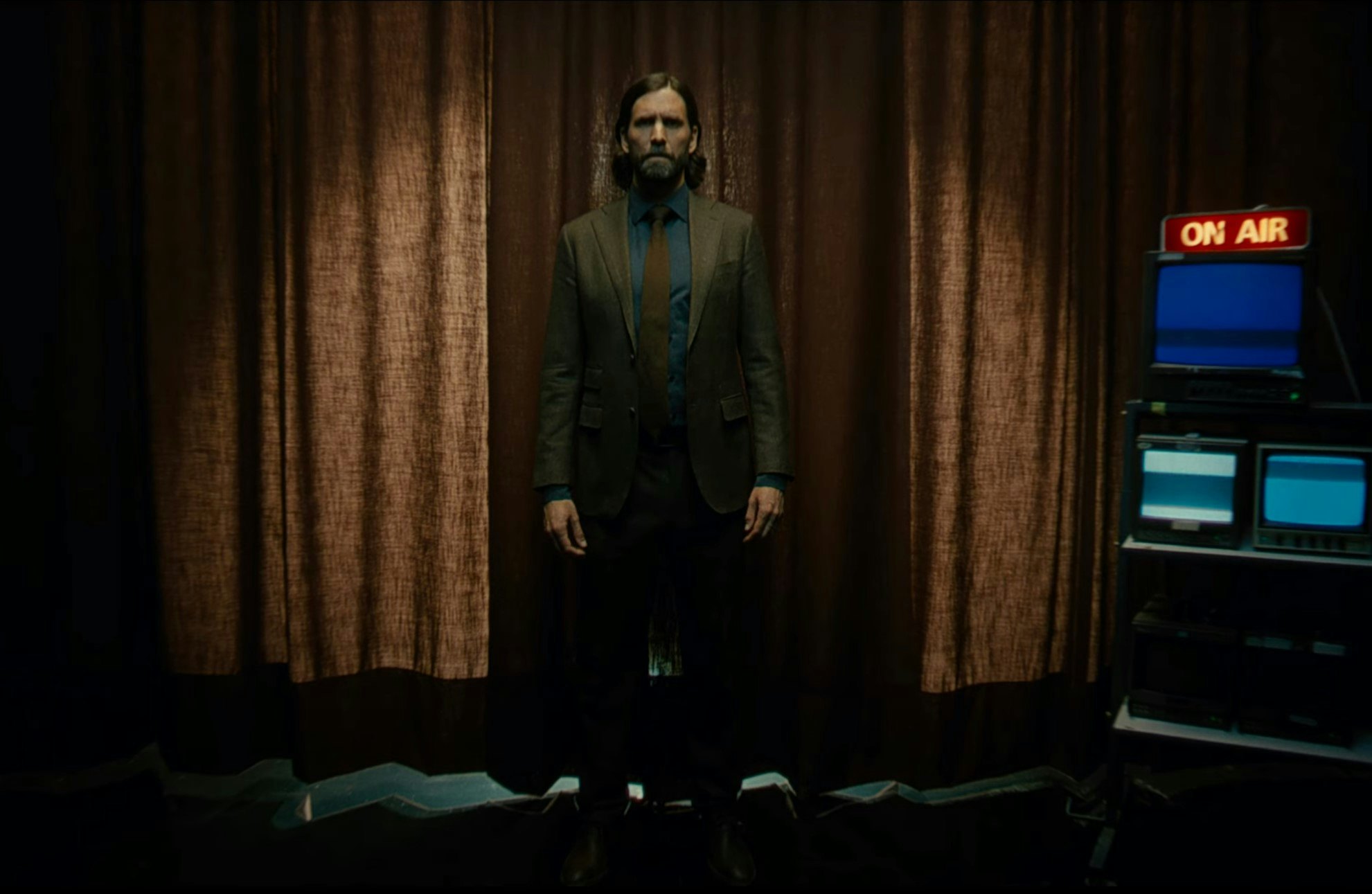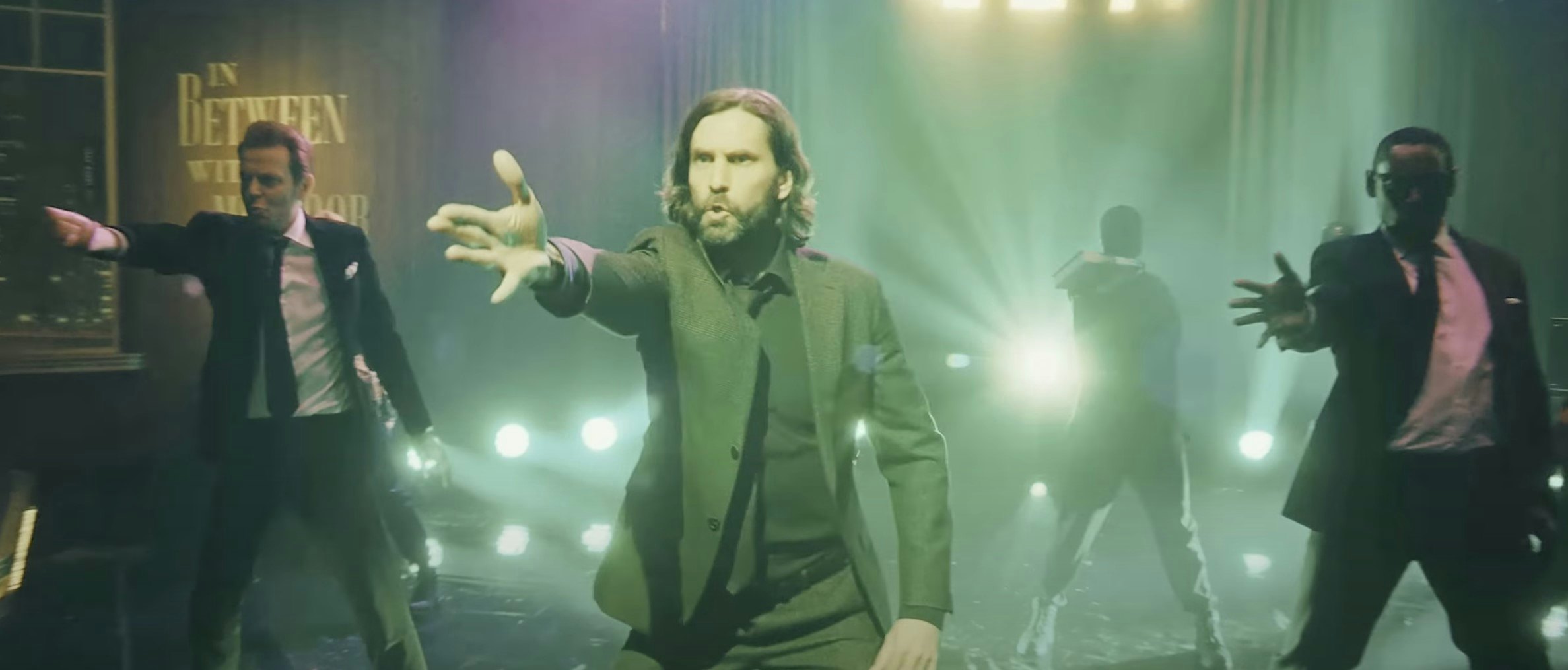
This year has seen many musically minded games. Hi-Fi Rush mixed rhythm, action, and an exceptional soundtrack, while Goodbye Volcano High’s central songs are a highlight of the game’s storytelling. But though both of these games are music-centric, they don’t count as musicals in the traditional sense of songs forwarding the narrative as vessels for character emotions. Two of the most celebrated games of this year, however, do fit the musical mold.
Both Baldur’s Gate 3 and Alan Wake 2 surprise players with sumptuous musical scenes that feel right at home on Broadway or in a Disney movie. While unexpected and jarring, these scenes work so well in both games because they highlight how the medium can succeed as a melting pot of other art forms.
Let's look at Baldur’s Gate 3 first. The demon Raphael is a constant presence in the game, one who offers the player a deal that clearly comes with strings attached. He rears his head every so often to remind the player about the pact or to push their buttons in dire circumstances. In my playthrough, my annoyance with Raphael grew larger every damn meeting with him. So, it came as a welcome catharsis when I finally got to face him in combat. Then to my surprise, almost like the game understood my emotional release, a voice started singing mid-combat.
It wasn’t mine though, it was Raphael’s. This is “Raphel’s Final Act,” a decadent song the demon sings while facing you and your party down. It is a hilarious element to an already climactic fight, one that gives the exaggerated persona of Raphael even more space to take up with a bonafide villain song. In a game that gives players so much freedom and bursts with stories, “Raphael’s Final Act” is just one more feather in the cap of Baldur’s Gate 3.
Alan Wake 2’s inclusion of a musical number is even more surprising, but perhaps even more effective at pushing the narrative along. Remedy Entertainment’s latest release pushes the studio’s pension for mixing media to its limits, as the game switches between in-game and live-action numerous times in its twisting meta-story. The influences of television, movies, books, and more are worn on Alan Wake 2’s sleeve.
During a trippy section of Alan’s adventures in the Dark Place, the In Between with Mr. Door production transforms from a talk show into a musical number starring Mr. Door, Alan, and even Sam Lake (the studio’s creative director who is a personality of his own). In classic musical fashion, the rock-opera number of Alan Wake 2 is a vehicle for revealing more about the inner workings of the characters. “We Sing,” as this chapter is titled, functions as the all-important “I Want” song in any musical — highlighting Alan’s motivations and the stakes of the game itself.

The tonal shift of the moment is a wild swing, but one that pays off in a game whose narrative is all about the art of storytelling across mediums. As a window into the protagonist, it pulls off exposition with the flair only a musical can and keeps the players interested the entire time. As a plus, the song is catchy as hell, and I have been mumbling it to myself for the past several days.
There is a number in the musical Something Rotten! — itself a send-up of musical theater — called “A Musical.” Before the number starts in full, the show’s main character has the concept of a musical explained to him, after which he remarks, “Who on Earth is going to sit there while an actor breaks into song? What possible thought could the audience think, other than this is horribly wrong?” It’s an acknowledgment of the inherent absurdity of musicals. But theater and video games have a shared DNA, much of which comes down to the strangeness of both mediums and how they require a contract with the audience to succeed. To play a game or to watch a musical is to meet the art halfway and suspend disbelief to let the art shine for what it is.
Both Baldur’s Gate 3 and Alan Wake 2 stretch this contract to its limits by shifting their respective tones to musical theater for a short time. But this willingness to have fun is part of what makes them such standout experiences for players. While not every creative risk in these games revolves around a musical number, they are all equally done with great conviction.
Some might ask, like the protagonist of Something Rotten! does, “And people actually like this?” to which I respond in the words of another character from the show, “No! They love it!”







